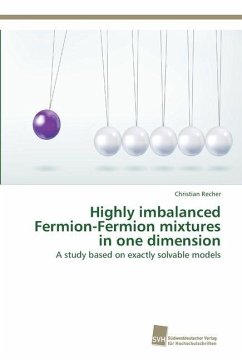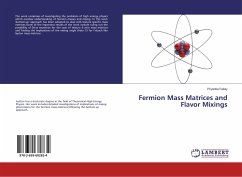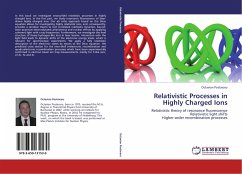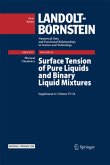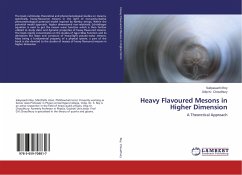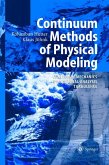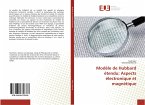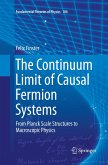In the framework of exactly solvable quantum many-body systems we study models of interacting spin one-half Fermions in one dimension. The first part is devoted to spin one-half systems with repulsive contact interaction. A reformulation of the Bethe-Ansatz solvable many-body wave function is presented. This simplifies considerably the calculations for the highly imbalanced situation, where very few particles of one species (minority Fermions) are present. In particular we consider the cases of one and two minority Fermions. For a single minority particle we derive exact thermodynamic expressions for several expectation values as well as for the density-density correlation function. Moreover we find closed expressions for the single particle Green¿s function. All of these quantities show a highly non-trivial dependence on the minority particle¿s free momentum. The second part deals with the construction of creation and annihilation operators for fermionic two component mixtures with different masses.
Hinweis: Dieser Artikel kann nur an eine deutsche Lieferadresse ausgeliefert werden.
Hinweis: Dieser Artikel kann nur an eine deutsche Lieferadresse ausgeliefert werden.

